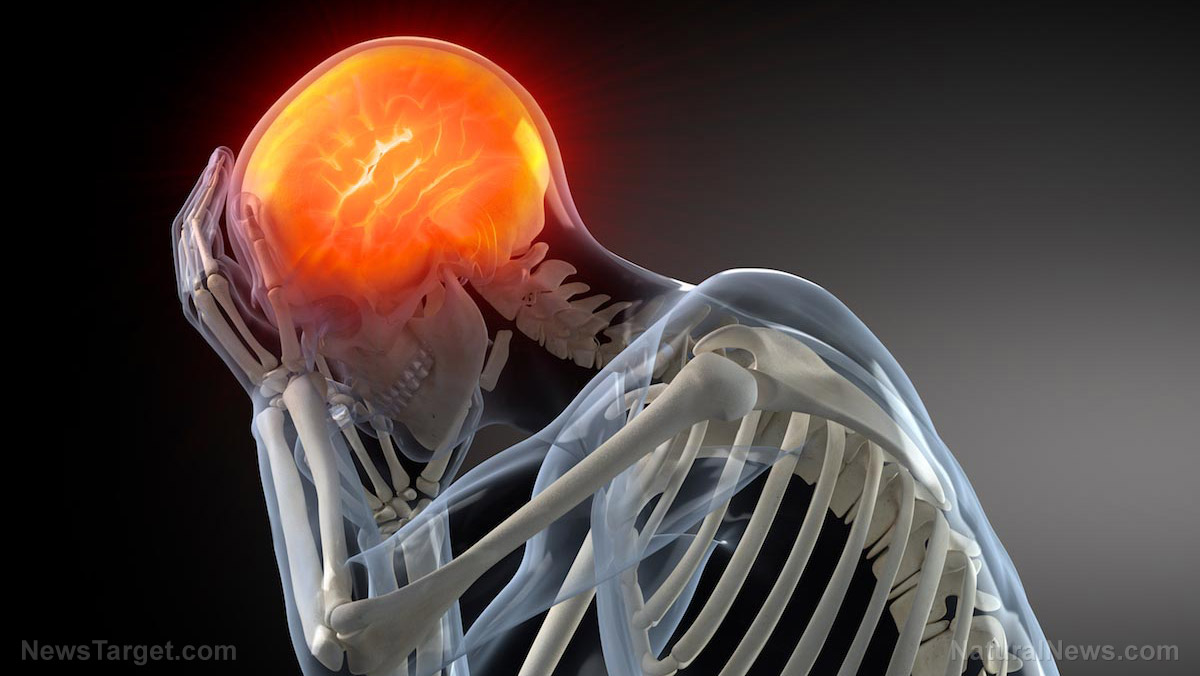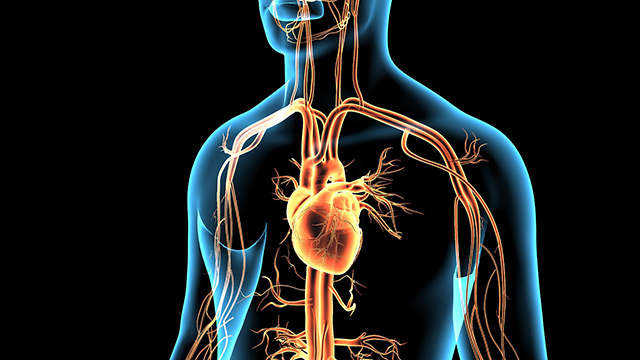Want stronger bones? Study finds that vitamin E is crucial for bone health
11/06/2018 / By Ralph Flores

People who swear by the effects of vitamin E in keeping their skin healthy might soon add maintaining bone health to its long list of benefits. In a study, which appeared in the Journal of Nutrition & Intermediary Metabolism, researchers from Toyo University in Japan have found that a vitamin E derivative called tocotrienol-rich fraction (TRF) can regulate certain cell signals that result in bone degradation.
The team investigated whether TRF could inhibit a process called Janus kinase (JAK) signaling, which plays an important role in bone development and metabolism. An earlier study had identified JAK signaling to affect the formation and differentiation of bone cells, in particular, whether they become osteoclasts (cells that absorb bone tissue) or osteoblasts (those that help with bone formation). They also looked at how TRF affects the expression of a protein called lysyl oxidase (LOX), a compound essential in the development of bone cells and one that JAK signaling suppresses when it is activated.
In the study, the team looked at how TRF affects LOX expression in osteoblasts by using cultured bone cell lines. The cell lines were applied with differing doses of TRF and were observed for a whole day. After the cell lines were tested, the team found that those that were treated with TRF had increased LOX expression, which meant improved bone formation and development, as well as reduced JAK protein expression and activation.
From the findings, the researchers concluded that TRF has the potential to prevent bone deterioration.
Prevent bone fractures with vitamin E
The results proffered by the team from Japan were comparable to that made by a study published in the American Journal of Clinical Nutrition. The research, led by scientists from Uppsala University and the Karolinska Institutet in Sweden, suggested that supplementing with alpha-tocopherol — the most active form of vitamin E — can help reduce the incidence of bone fractures, especially for the elderly. The study, which examined data from nearly 15,000 women over a 19-year period, found that women with low alpha-tocopherol levels were 86 percent more likely to experience hip fractures, while those who used alpha-tocopherol supplements reduced their fracture rate by 22 percent. Similar results were seen in men, based on data that included more than 1,100 men over a 12-year duration. (Related: Vitamin E found to have bone health benefits: Research finds it improves bone density in postmenopausal women.)
“Vitamin E has been proposed to have positive effects on both bone and muscle mass owing to its antioxidant properties, rendering a theoretical consequential lower fracture risk with a higher alpha-tocopherol intake,” the researchers wrote. “Our results support these experimental findings: higher intakes were associated with higher BMD [bone mineral density], higher lean muscle mass, and lower fracture risk. In addition, recent randomized trials have indicated that vitamin E and C supplements have a positive effect on BMD and muscle mass in elderly women and men.”
Getting more vitamin E
Fortunately, many foods are rich in vitamin E. Here are just some foods to get you started. (h/t to Healthline.com)
- Wheat germ oil — Just a tablespoon of wheat germ oil contains 135 percent of the daily requirement for vitamin E.
- Sunflower seeds — An ounce of these delectable seeds already means that you’ve gotten half of your daily requirement.
- Almonds — A serving of almonds also provide half the daily requirement for vitamin E.
Learn more about how vitamin E can improve bone health at NaturalCures.news.
Sources include:
Submit a correction >>
Tagged Under:
aging, bone deterioration, bone health, lysyl oxidase expression, natural cures, nutrients, nutrition, osteoblastic cells, supplements, tocotrienol-rich fraction, vitamin E
This article may contain statements that reflect the opinion of the author
RECENT NEWS & ARTICLES
MensHealth.News is a fact-based public education website published by Mens Health News Features, LLC.
All content copyright © 2018 by Mens Health News Features, LLC.
Contact Us with Tips or Corrections
All trademarks, registered trademarks and servicemarks mentioned on this site are the property of their respective owners.





















